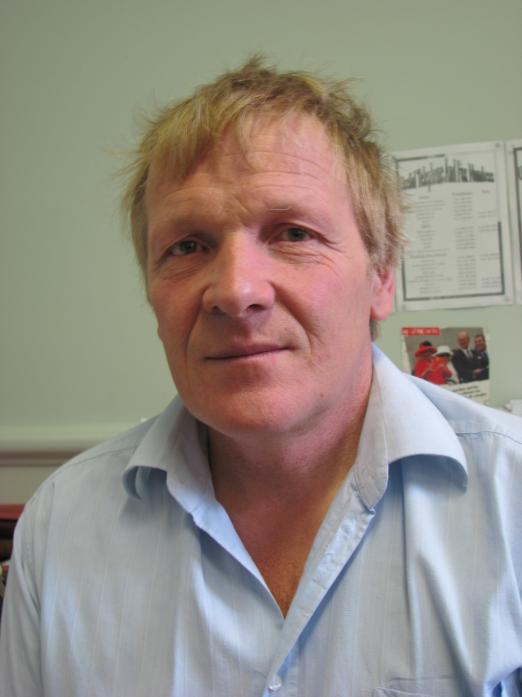
Richard Betton wears many hats, but all share a motivation: passion for upland farming and determination to ensure that farmers can make a reasonable living from their hard work producing healthy food and delivering environmental benefits.
Mr Betton knows there is no simple answer, but he is sure that the prescriptive approach adopted by decision-makers, who require farmers to do things such as measuring the distance between trees and the length of their hedgerows is not working.
He favours the development of schemes that provide farmers with adequate reward for achieving measurable outcomes in terms of landscape and environmental benefits.
Policy-makers have expressed some support for taking a “whole area” approach towards meeting environmental targets and Mr Betton believes that this would work well in upper Teesdale, where he farms.
“Farmers in the upper dale have been working together for many years,” he says. “Gathering the fell is an obvious example, but we are also bound together because we are all tenants of the same estate. We have shown that we can collaborate on various joint environmental projects, and help is always on hand for any individual who has a problem; there is a real sense of community spirit. Upper Teesdale is in an ideal position to take the collaborative concept still further.
“There is recognition by the Government and by other bodies, such as the National Parks and the Campaign for the Protection of Rural England, that farmers are already making a significant contribution towards maintaining the environment and promoting wildlife. Without farmers, the grass would grow too high to support the survival of ground-nesting bird chicks, for example. Upland farmers also control weeds like docks and thistles, which in turn allows Teesdale’s famous wildlife meadows to flourish.”
He believes that the current calculation for support payments on an “income foregone” basis is flawed.
“In my opinion, schemes like Countryside Stewardship have not produced the environmental effects they have aimed to achieve and the reward for farmers has not reflected the changes to their management practices that have been required.
“If farmers are to continue to produce public goods, in terms of maintaining the landscape, producing healthy food and encouraging wildlife, they need a reasonable payment in return. The need for upland farm businesses to become sustainable is at the core of the solution, in my opinion.”
Mr Betton points out that while the livestock marketplace is firmly established, no such mechanism exists for the delivery of landscape and environmental “public good”.
“There is no trading system for these benefits at present, and Brexit has caused further delay to development of new schemes. I estimate that this type of trading system will be in place within the next decade. It might be funded by Government or by the private sector.”
The growing trend towards vegetarianism has been promoted by some as environmentally-friendly, but Mr Betton does not totally agree.
“I accept the argument that one acre of cereals is more efficient to feed people, compared with feeding cereals to livestock in order to produce meat. But that argument does not take into consideration the fact that cereals cannot be grown on every acre of farmland.
“A large proportion of our land is not suitable for arable cropping. If it is not kept under control by livestock, then we would be faced with huge areas of scrubland, and I do not believe that type of landscape would attract visitors to the countryside.
“In addition, a high percentage of livestock feed is made up of by-products from the human food chain, such as wheatings and distillers’ grains. If they were not used, they might have to be incinerated or buried in landfill – wasteful and expensive.
Mr Betton will be 65 this year, but he has no plans to retire. “I consider myself first and foremost a farmer,” he says.
“A close association with practical agriculture is vital for the development of robust policies and support schemes and this factor has been sadly lacking to date.
“Farming in my own right helps me to advocate for my fellow farmers and I have no plans to give up any of my roles.”
RICHARD’s ROLES
Mr Betton is a first-generation farmer who moved to his tenanted holding in Upper Teesdale in 1981, having previously farmed in Wensleydale. The primary role for which he is recognised locally is as an adviser for Utass (Upper Teesdale Agricultural Support Services), based at the organisation’s headquarters in Middleton-in-Teesdale. He is also a long-standing NFU council delegate for North Riding and Durham, as well as being the chairman of the NFU’s regional board and a member of its National Upland Forum.
Other roles which he is currently holding include the northern regional director of the Farm Crisis Network, which helps farmers and their families to cope with financial and mental health issues and bereavement.
Yet another “hat” is his chairmanship of the High Nature Value Nature northern farmers’ panel.





